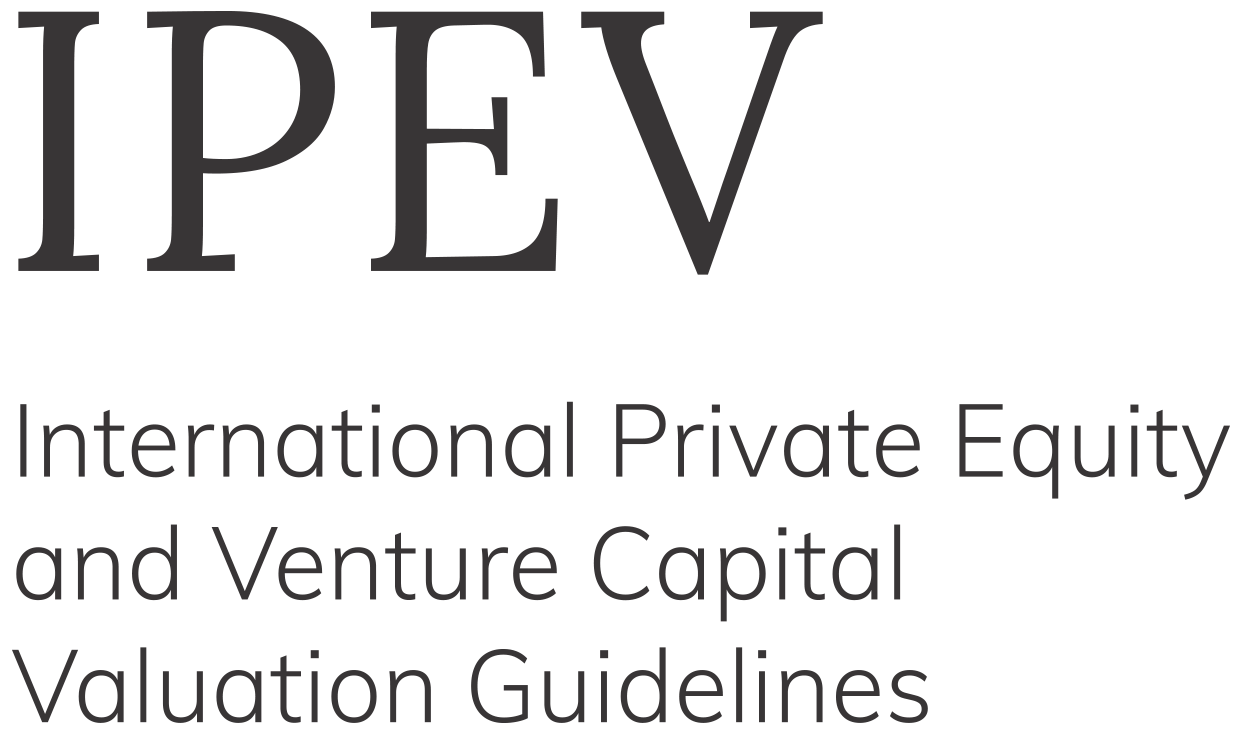
Global investors in particular rely on high-quality and comparable valuation data when acquiring and disposing of assets. Robust valuations are crucial to informed decision-making and effective risk management.
Despite this being the case, international investors today are often required to navigate significant divergence in the quality and consistency of the valuation data available, one market to the next. In large part this is a product of valuation systems and approaches that have been developed within individual markets and regions over many years. The standards applied can often be detailed and extremely thorough, but that doesn’t always mean they produce outputs which are consistent between different jurisdictions. The end result can be confusion and added risk to those relying on this data in an increasingly interconnected global marketplace.
The same was true of the accounting profession up until fairly recently, with inconsistencies in financial reporting posing a significant risk to investor confidence and, ultimately, market stability. This risk has been addressed today through the introduction and widespread adoption of International Financial Reporting Standards (IFRS) around the world.
”Consistency in the quality and reliability of valuations throughout the world is one area where investors can often face challenges. Valuation is both an art, which requires judgement, and a science, which requires data. Above all, valuation absolutely requires professionalism and robust, internationally-recognised standards.
Martin BrühlCIO Union Investment Real Estate
A growing number of global investors are seeking to manage the challenge of inconsistency in valuation by stipulating the use of IVS (or standards which incorporate IVS) when procuring this data from third parties, or when carrying out valuations internally. The largest pension fund in Europe, Norges Bank Investment (NBIM), specifies, in relation to accounting and valuation that;
‘All real estate investments shall at least annually be valued by an appointed and certified independent valuer at fair value. The valuation shall follow guidelines published by the International Valuation Standards Council and the scope shall match the IFRS accounting classification.’
Policies such as this are helping to ensure greater consistency and transparency in the data which underpins key investment decisions.
Organisations such as the European Association for Investors in Non-Listed Real Estate Vehicles (INREV) and the United States National Council of Real Estate Investment Fiduciaries (NCREIF) – both of which seek to improve transparency, professionalism and best practice across investment markets – are playing an important role too, by issuing guidance to investors which encourages the adoption of International Valuation Standards.
Two steps forward for investor confidence in valuation
Investors also rely heavily on independent research and market indices which are themselves products of huge swathes of data, including valuations. These tools provide up-to-the-minute insights on trends and fundamentals which help investors to interpret markets and specific asset groups; to manage their risk effectively.
In a significant step forward for investor confidence in valuation, two influential, global providers of data and guidance have recently announced the adoption of IVS. This means the indices and guidance they issue will recommend IVS as a basis of valuation inputs, resulting in greater levels of consistency and comparability in the information available to investor groups.
Set up originally by multinational investment bank, Morgan Stanley, MSCI has become established as a key source of insight for investors and produces research and indices which are relied upon throughout the world. Valuation is an important element to this. Recognising the challenges of inconsistent standards, MSCI has published updated guidance on how it sources valuation data to use within key market indices.
”Our decision to adopt IVS within our standards stems from the current transformation taking place in how Real Estate is viewed and invested in by a rapidly broadening class of asset owners and managers. Real Estate is no longer just the focus of domestic investors whose mandates are defined by national boundaries. This increased globalization of Real Estate as an asset class calls for global standardization, and for this reason, the accuracy of data inputs that underpin performance measurement and investment reporting is essential.
Jay McNamaraHead of Real Estate, MSCI

Another influential authority which seeks to empower private equity and venture capital investors through dedicated valuation guidance is IPEV. The objectives of IPEV are to provide high-quality, uniform, globally-acceptable, best practice, principles-based valuation guidelines for private equity and venture capital practitioners in order to assist their compliance with accounting and regulatory requirements. IPEV issues valuation guidelines which were updated in December to now reference the International Valuation Standards:
‘Global valuation standards continue to evolve. The IPEV Board has entered into an understanding with the International Valuation Standards Council (IVSC) with the objective of promoting consistency between the IPEV Board’s Valuation Guidelines and the IVSC International Valuation Standards (IVSs) and to enable these Valuation Guidelines to be positioned as providing sector specific application guidance of the principles in IVS. A valuation of Private Capital Investments prepared in accordance with the IVSs and following these Valuation Guidelines will be consistent with the requirements of applicable financial reporting standards and will also maximise investor’s trust and confidence.’
As flows of investment become more and more international, the IVSC and organisations such as those highlighted above are working concertedly and collaboratively to ensure greater confidence in valuation data.